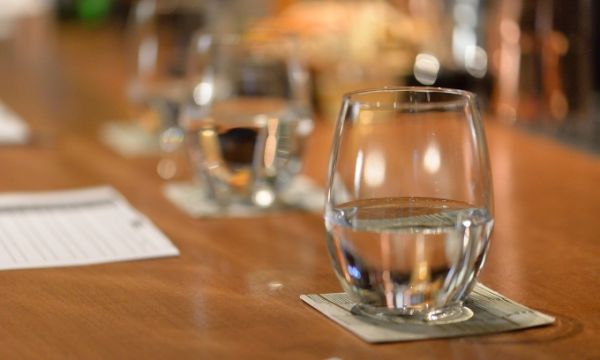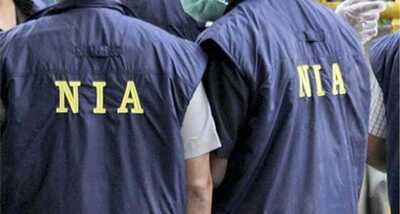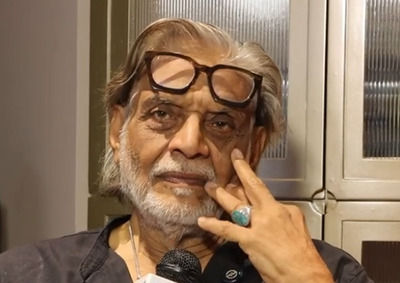
The Change.org petition urges the city-state’s government to take action to protect public health as having water readily available during meals can discourage the consumption of sugary beverages, promote satiety and potentially reduce food intake, ultimately supporting healthier calorie control.
It was launched in late May and more recently thrust into the spotlight last Friday by a Facebook post by Gerald Giam, a member of the Singapore parliament.
“Some eateries charge as much for water as they do for sugary drinks. This unintentionally nudges consumers toward less healthy options, increasing the risk of obesity and diabetes,” he wrote.
‘Drink sales strategies’
The petition highlights concerns over the normalization of charging for tap water at eateries in the city-state, citing a 2018 survey at the VivoCity shopping mall, which found that more than half of the outlets there charged 30 Singapore cents to S$1 (23 to 78 US cents) for a glass of water, and a 2015 report by The Straits Timeswhich said the number of eateries charging for water had doubled to around 10% from 2013 to 2015.
“This trend—driven by operational costs and drink sales strategies—is becoming normalized,” it says.
“In a country where tap water is clean, safe, and abundantly available, it is unjustified to restrict access to tap water—especially in establishments that already impose a 10% service charge.”
Yee Yucai, the petition organizer and a consultant at the Internal Medicine department of Singapore General Hospital, told Asiaone on Thursday that his frustration with the matter peaked during a recent dining experience with his family, a buffet costing around S$60 per person.
The establishment did not serve water but offered free-flow beverages for an extra S$5, which Yee believes was “going too far.”
Yee added that many food and beverage (F&B) outlets appear to be nudging diners toward buying beverages to boost profits despite government efforts to curb sugar consumption among Singaporeans.
And consumers in the city-state have also taken notice of this pattern.
“If water is chargeable at the restaurant, it will push me to top up a dollar more to get a canned drink,” Koh Liang Lin, a student, told TODAY in 2018, when the topic flared up amid a water tariff hike.
A human resource manager with diabetes told the local digital magazine that dining out means reluctantly paying for plain water at restaurants, even though he says it is “super not worth it.”
What are businesses saying?
While many eateries do not charge for tap water, or have stopped doing so in response to customer feedback, F&B operators say the decision is not so simple.
Nasi lemak restaurant The Coconut Club does not charge for tap water, but its chef-owner Daniel Sia acknowledges that such a practice comes at a cost to eateries.
“Utilities cost money and (when you offer free tap water), it often translates to reduced beverage sales, so it’s an opportunity cost at the end of the day,” he explained to CNA.
Businesses that do charge for water anonymously told the news outlet that offering free water can weigh on their already thin margins.
One café owner said profits can range from 10 to 20% in a good month but are often much lower, especially in the current economy.
“So we charge 50 cents for free-flow of tap water because every cent counts,” the person said.
Some said they serve water using filtration systems, which can cost between S$1,000 and S$3,000 a month. Others pointed out that while a single free drink may seem inexpensive, the combined costs of water, cleaning, and service can add up.
“Business is already so bad, we don’t want people to take this against us,” one Korean restaurant owner said.
“Bigger restaurant groups may be able to absorb the cost, but utilities are just one of many overheads for small businesses like ours.”
‘A basic service’
When the idea of requiring F&B establishments to provide tap water for free was raised in parliament in 2021, it was also rejected on the grounds that businesses still bear costs.
Acknowledging this, Giam instead suggests that eateries charge for plain water, but at lower rates than sugary beverages to promote healthier choices.
Yee, on the other hand, believes the financial impact of free tap water is “very minimal” for businesses.
He pointed to figures from Singapore’s Public Utilities Board, which list the cost of potable water for non-domestic use at $3.24 per cubic meter.
That works out to just 0.13 cents per customer, assuming each person drinks two 400-milliliter cups of water, a negligible amount compared to the water used for cooking or other operational activities, he said.
“I feel something like this [eateries providing free water] is considered a necessity, a basic service.”
-
NIA arrests 2 for harbouring Pakistani terrorist involved in Pahalgam attack

-
Filmmaker Muzaffar Ali highlights the role of traditional textiles in 'Umrao Jaan'

-
Filmmaker Muzaffar Ali highlights the role of traditional textiles in 'Umrao Jaan'

-
Filmmaker Muzaffar Ali highlights the role of traditional textiles in 'Umrao Jaan'

-
Kohima Police Crack Down on Major Burglary Ring, Arrest Key Suspect
